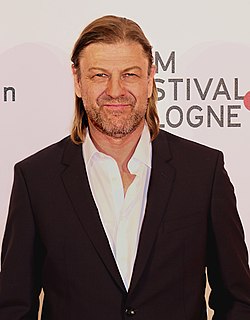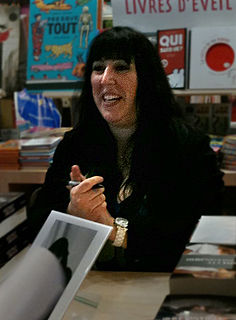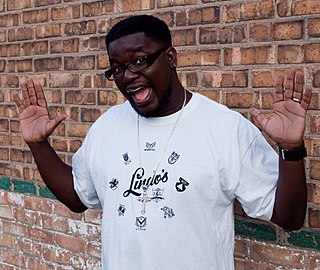A Quote by Sarah Weinman
George V. Higgins's 'The Friends of Eddie Coyle' (1970) added an extra literary layer to the con novel; James Crumley's 'The Last Good Kiss' (1978) influenced countless writers and will be remembered forever for its opening line, quoted often in obituaries of the author.
Related Quotes
Here's what I think: the best author photo ever taken is the author photo of you holding your extra-large engulfing rabbit and looking straight at the camera. I never hope to have one so good. The only way I guess it could be any more literary is if the rabbit were smoking a Gauloise and drinking a tiny cup of coffee.

































